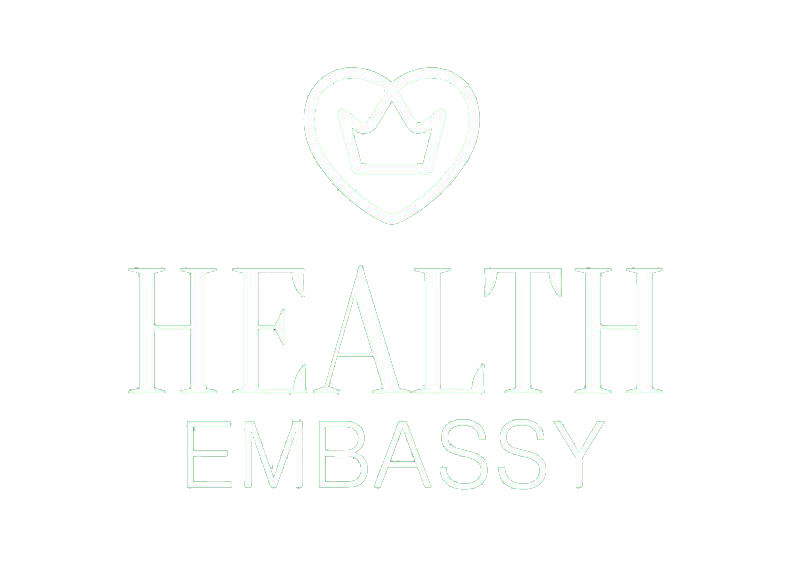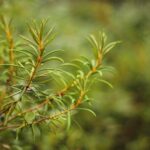April 28, 2022
How does nature help us increase immunity?
Especially during the colder winter days, you should take care of your health a little bit more to avoid catching flu or even a simple cold. Spending time in poorly-ventilated rooms, among many people makes the germs approach you more quickly. A runny nose, a fever and a sore throat are nothing pleasant; it is better to prevent them than struggle with curing them. The key to success in that is boosting your immune system, as it is responsible for countering pathogenic bacteria and viruses. When it is supported and strong, then you are less likely to get sick.
Natural support for your immune system
Taking numerous dietary supplements may not be necessary. There are natural ways you can choose to fight off sicknesses. For hundreds of years people have used herbs for this purpose, such as sage, lemon balm, echinacea, sambucus, licorice, ginseng, or dandelion, all of which you will find in Health Embassy offer. Bear in mind that they are not specific remedies, but just may serve as a natural boost.
How does your immune system work?
It is made from cells and proteins working together as a certain type of memory which keeps track of every microbe it has had an encounter with. This is what makes the particular type of a virus or a germ recognizable for your body and therefore easier to be fought off quickly. When your body detects it, the immune system sends compatible antigens to defeat it. What is the herbs’ role here? Some of them are known to actively fight viruses and bacteria, others may have immune system-stimulating properties.
Specific herbs
Among the herbs that are supposed to boost your immune system, there can be listed for example echinacea, ginseng, or licorice. Echinacea is believed to reduce the risk of catching a cold by at least from 10 to 20%. It is high in antioxidants for example flavonoids or cichoric acid), which are molecules that fight the oxidative stress responsible for, among other things, causing diseases. Another herb we can list here is ginseng, which is also believed to be rich in antioxidants and have anti-inflammatory properties. When it comes to licorice, its root is known to have antiviral, antimicrobial, and antifungal properties, as it contains a high number of flavonoids.
As you see, there are numerous herbs you can use for support when the risk of catching a cold or flu is higher. See the ones we have in our offer, such as sambucus, sage, or dandelion, and make a purchase to try them at home!
As you see, there are numerous herbs you can use for support when the risk of catching a cold or flu is higher. See the ones we have in our offer, such as sambucus, sage, or dandelion, and make a purchase to try them at home!
You can buy the products mentioned in the article here
1. Sage Leaf
2. Lemon Balm Leaf
3. Purple Coneflower Herb
4. Elderflower
5. Elderberry Fruit
6. Licorice Root
7. Siberian Ginseng Root
8. Dandelion Root
9. Dandelion Leaf
2. Lemon Balm Leaf
3. Purple Coneflower Herb
4. Elderflower
5. Elderberry Fruit
6. Licorice Root
7. Siberian Ginseng Root
8. Dandelion Root
9. Dandelion Leaf





